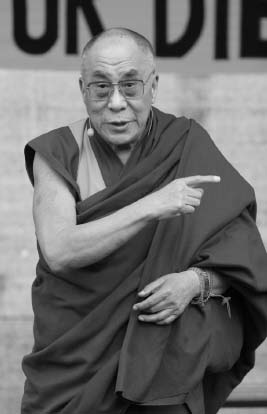BuddhismLeadership, Authority, and Religious Roles |
Is there a central teaching authority for Buddhists? |
No single individual or institutional center claims central authority to all Buddhists. Not long after the Buddha’s death various interpretations of his teaching gave rise to distinct schools of thought, and eventually, of practice. Perhaps the closest approximation to centralized authority in the history of Buddhism is the various councils convened over many centuries. Most Buddhists concur on the authority of the first three monastic convocations, convened about a century apart, with the first only months after the Buddha’s death. Members took up a range of issues, from the particulars of monastic discipline, to the shape of the canonical scriptures, to doctrinal differences. But Buddhists disagree on the number of authentic councils, and even the universally acknowledged councils have exercised limited authority. Today, many non-Buddhists think immediately of the Dalai Lama as a major Buddhist leader and authority figure. Even though the Dalai Lama has enormous moral authority and commands the respect of Buddhists in many communities, his role remains quite different from that of the pope or the College of Cardinals in Roman Catholicism.

The current Dalai Lama is considered by Buddhists to be the fourteenth reincarnation of the Bodhisattva Avalokiteshvara. (vipflash / Shutterstock.com.)
